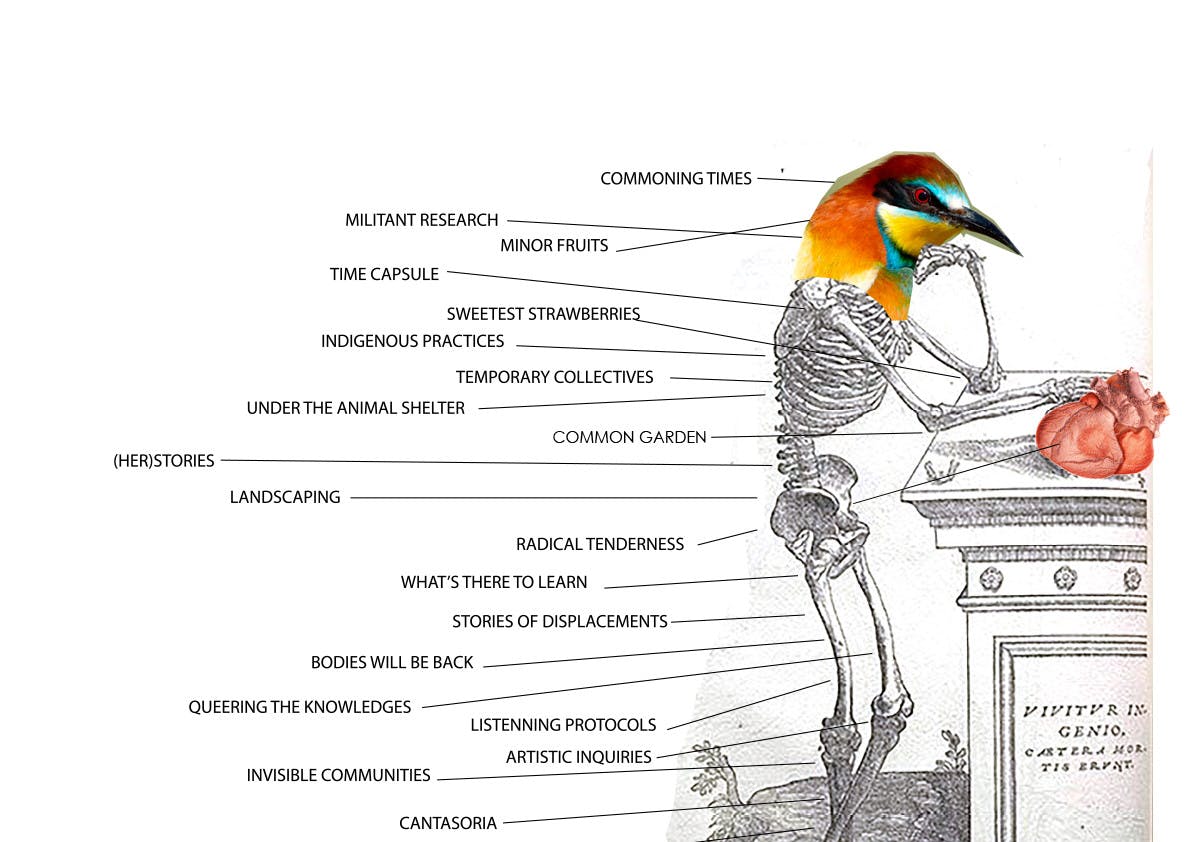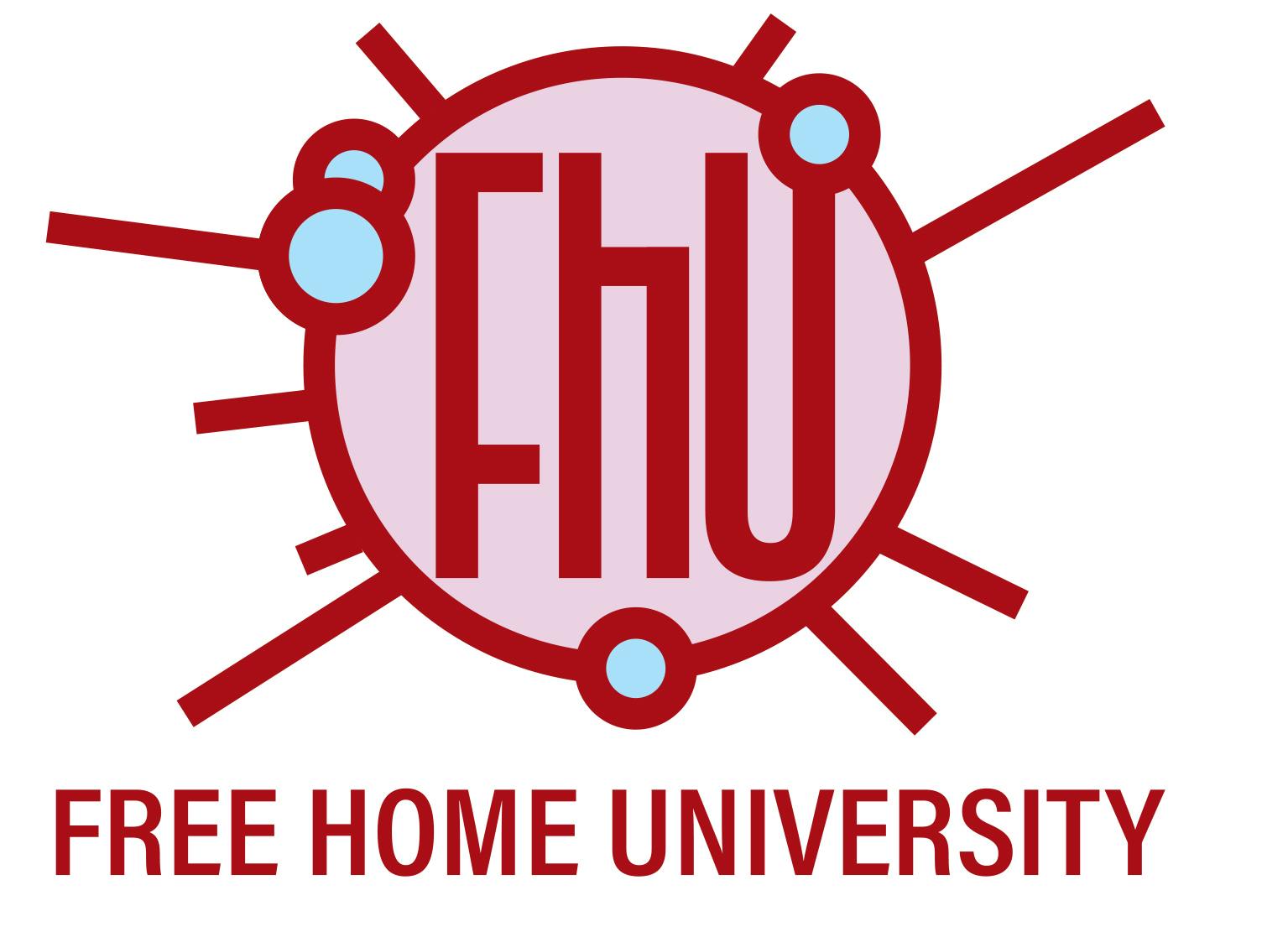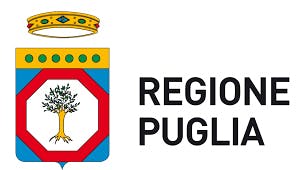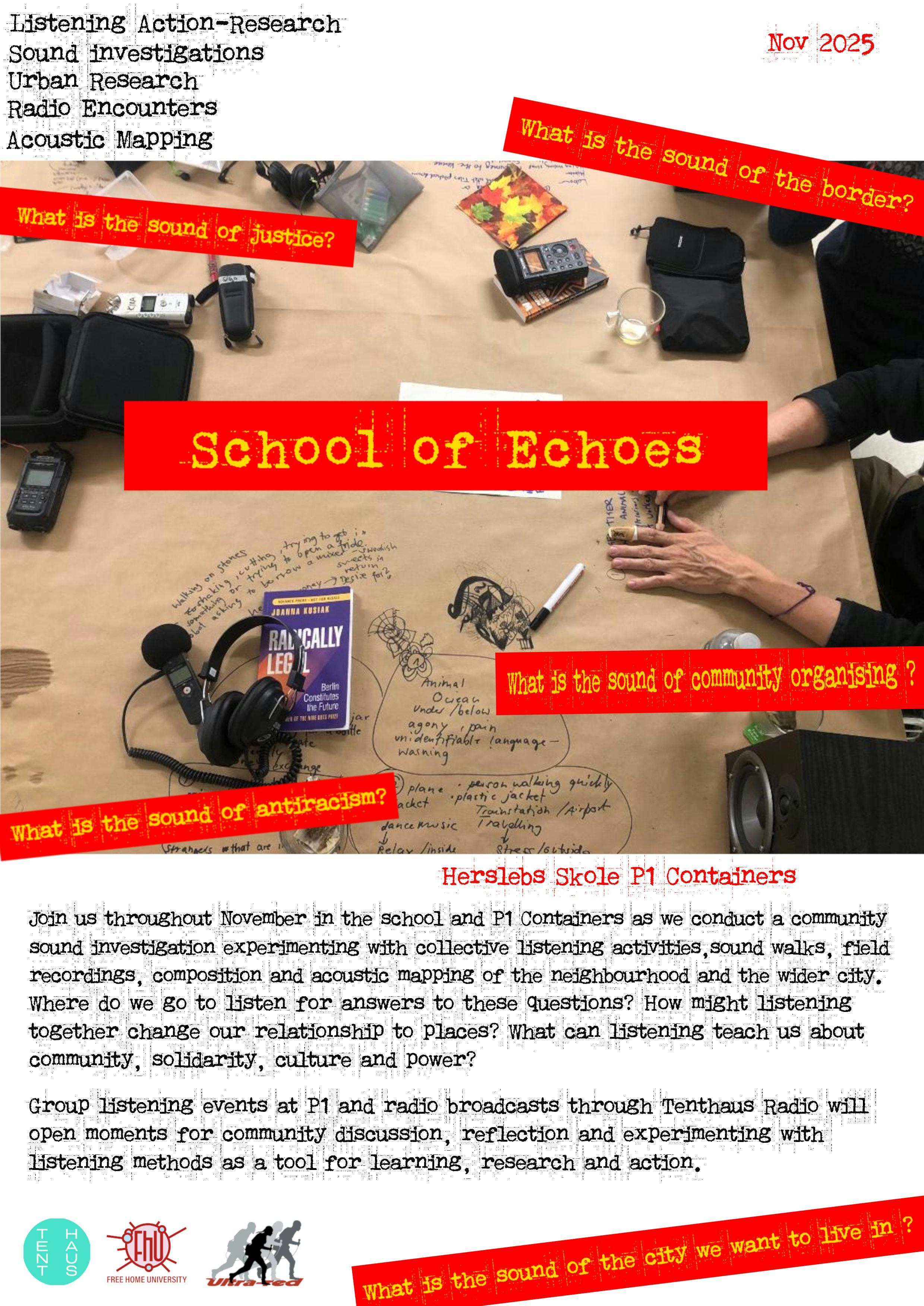WHAT’S THERE to LEARN: SELF-EDUCATION for SELF-EDUCATORS
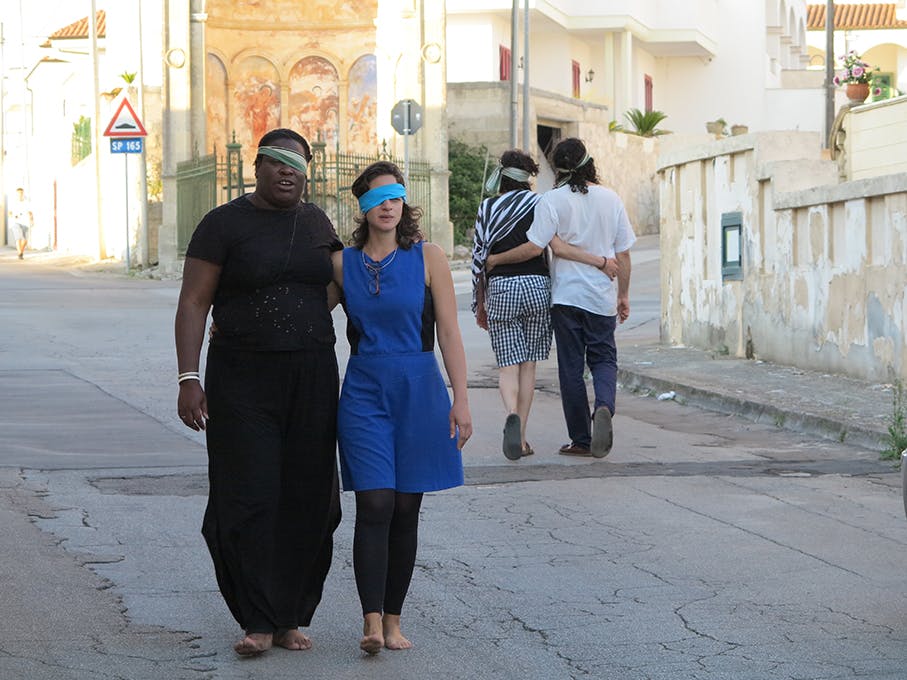
An (im)practical conference, a convivial residency, a common_home_kitchen_library_school_farm_mural_song_struggle, an aleatoric exhibition, a book launch, a football tournament, a walk to the sea, (and other exercises on the occasion of five years of Free Home University)
- Elliot Perkins
- Sofía Olascoaga
- Emilio Fantin
- Dani D'Emilia
- Sepake Angiama
- Raphael Daibert
- Mavi Veloso
- Olia Sosnovskaya
- Fernando García-Dory
- Pavel Khailo
- Jesal Kapadia
- Chto Delat
- Carla Rangel
- Musagetes
- Michael Roberson
- Chris Jones
- Ultra-red
- Nikolay Oleynikov
- LaToya Oloruntoyin Manly-Spain
- Elwood Jimmy
- Alessandra Pomarico
- Ayreen Anastas
- Rene Gabri
- Shawn Van Sluys
- Carolyn F. Strauss
Since the beginning of Free Home University*, an experimental artistic and pedagogical process that started five years ago, the geopolitical order of the world has changed drastically, resembling an imminent social, political and environmental upheaval. Western democracies are suffering an authoritative, conservative, populist turns, while our social fabric and human values are disrupted by economic pressures; Alt-right, neo-fascist, xenophobic and racist movements are rising; neoliberal, extractive, and exploitative forces are globally destroying the commons and the interdependent life of our communities, ecologies, and even epistemologies. What’s there to learn?
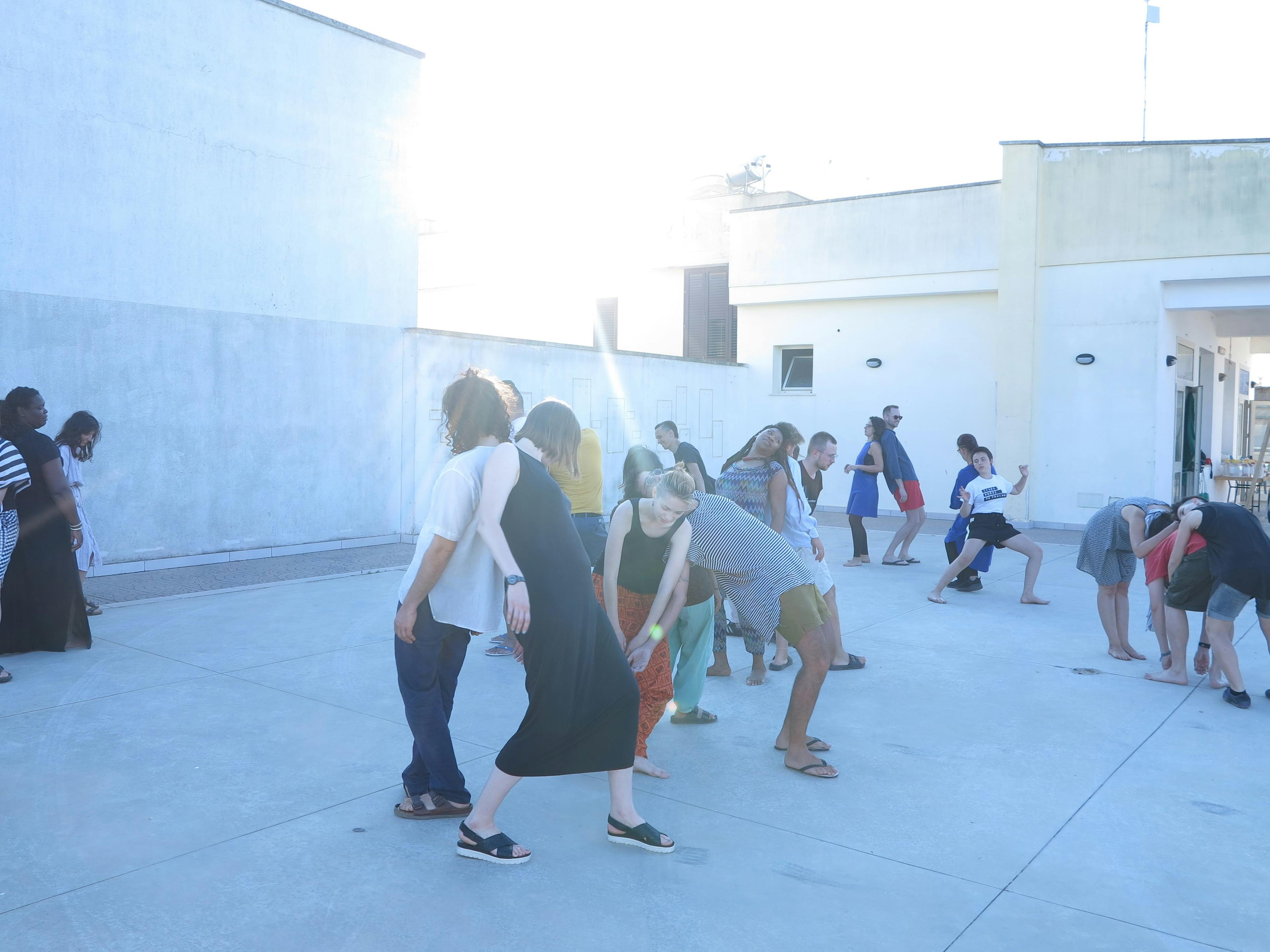
exercises in comradeship, solidarity and support by Nina Gasteva (Chto Delat) all photos by Matilda Verbani
Which ways of knowing can help us navigate these times of social injustice and violence? What are the new investigations, tools, and pedagogies that can help us reimagine our ways of being and relating? Who are our accomplices in this struggle of learning and unlearning, doing and undoing, and enlivening different paradigms?
A delegation of fellows — artists, curators, activists, educators, farmers — from local and international communities, who gave life to and participated in Free Home University, will meet again in Castiglione d’Otranto (Southern Italy) for a week of conversations, exercises and reflections. What was learned through our convivial, artistic, and research-in-action form of inquiry? What do we need to learn now, in this aggravated historical moment—and with whom?
The different processes that unfolded during the past five years will culminate in What’s there to learn?—a collective book, an exhibition with archival material, a mural, a series of film screenings, and artistic workshops reconsidering the themes, the intentions, and the generative outcomes of the different investigations around commoning, migrations and displacement, queerness and feminisms, life and death, biodiversity, agroecology, decolonial gestures, and art as social action against various systems of oppression.
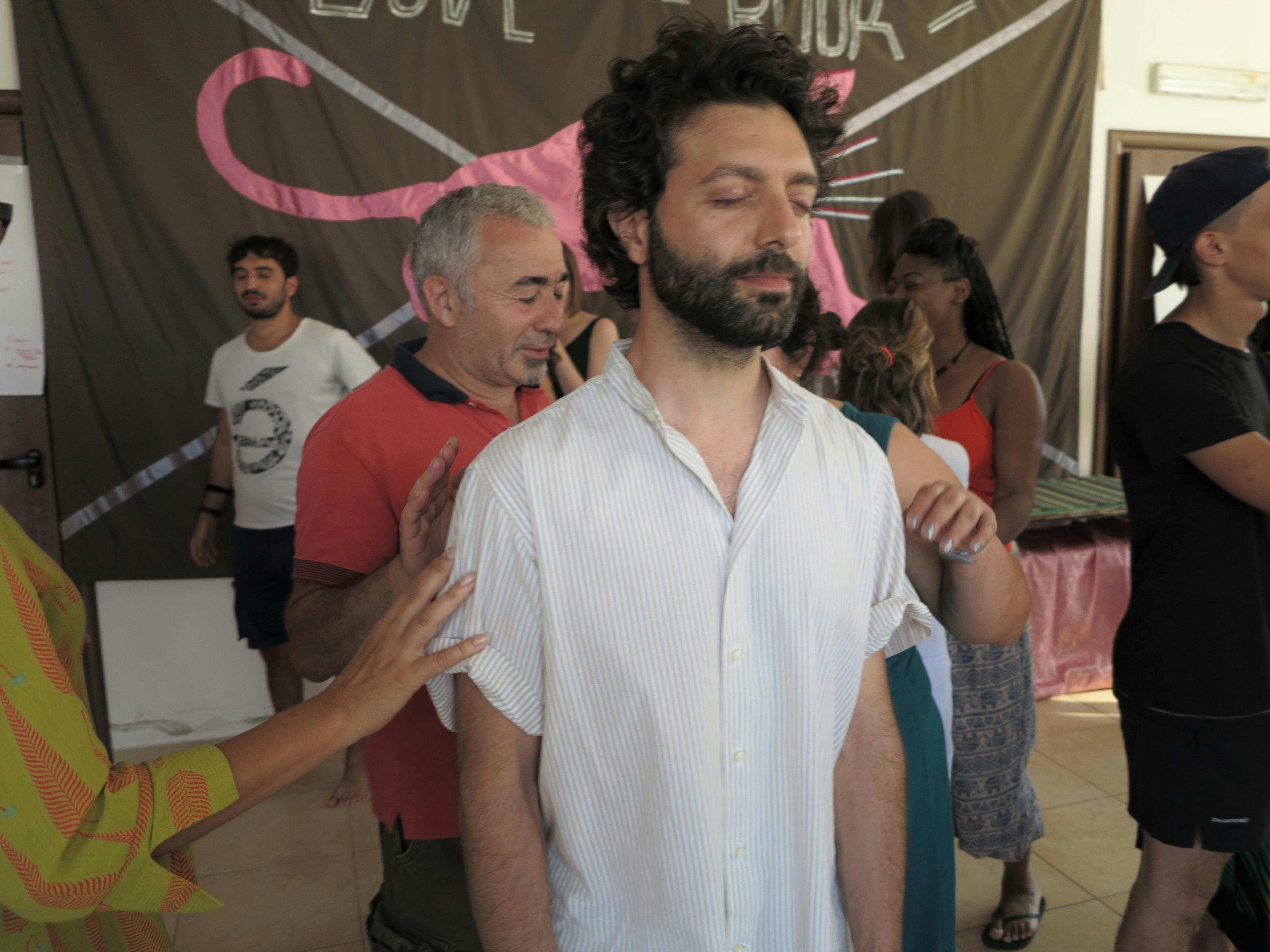
Radical Tenderness exercise by Dani D'Emilia/ photos by Matilda Verbani
Participating in the conference: Ayreen Anastas & Rene Gabri (artists, Armenia/ USA); Sepake Angiama (curator, educator, UK); Aleksei Borisionok (curator, Belarus); Casa delle Agriculture(collettivo agroecologico, Italy); Nayari Castillo (artist, Venezuela/Austria); Raphael Daibert (activist, artist, Brazil); Chto Delat (artist collective, activists, philosophers, writers: Tsaplya Olga Egorova, Nina Gasteva, Nikolay Oleynikov, Dmitry Vilensky, Russia); Fernando Garcia Dory (artist, activists, Spain); Dani d’Emilia (performer, Brazil/Portugal); Emilio Fantin (artist, Italy); Giulia Gabrielli (artist, Italy); Elwood Jimmy (artist, curator, Canada); Jesal Kapadia (artist, India/ USA); Pavel Khailo (artist, Ukraine); Luca Musacchio (artist, writer, Italy); Aglaya Oleynikova (artist, performer, Russia); Cesare Pietroiusti (artist, Italy); Mattia Pellegrini (artist, curator, Italy); Sofía Olascoaga (curator, educator, Mexico); Alessandra Pomarico (curator, Lecce/ NY); Carla Rangel (designer, Mexico/ Canada); Shawn Van Sluys (Executive Director, Musagetes, Canada), Olia Sosnovskaya (artist, Belarus), Latoya Manly Spain (activist, performer, Sierra Leone/Germany); Barbara Toma (choreographer, Italy); Mavi Veloso (performer, Brazil/Holland); Matilda Verbani (documentarian, Italy); Ultra-red (artist collective, researchers, activists: Michael Roberson, USA; Chris Jones, Elliot Perkins, UK).
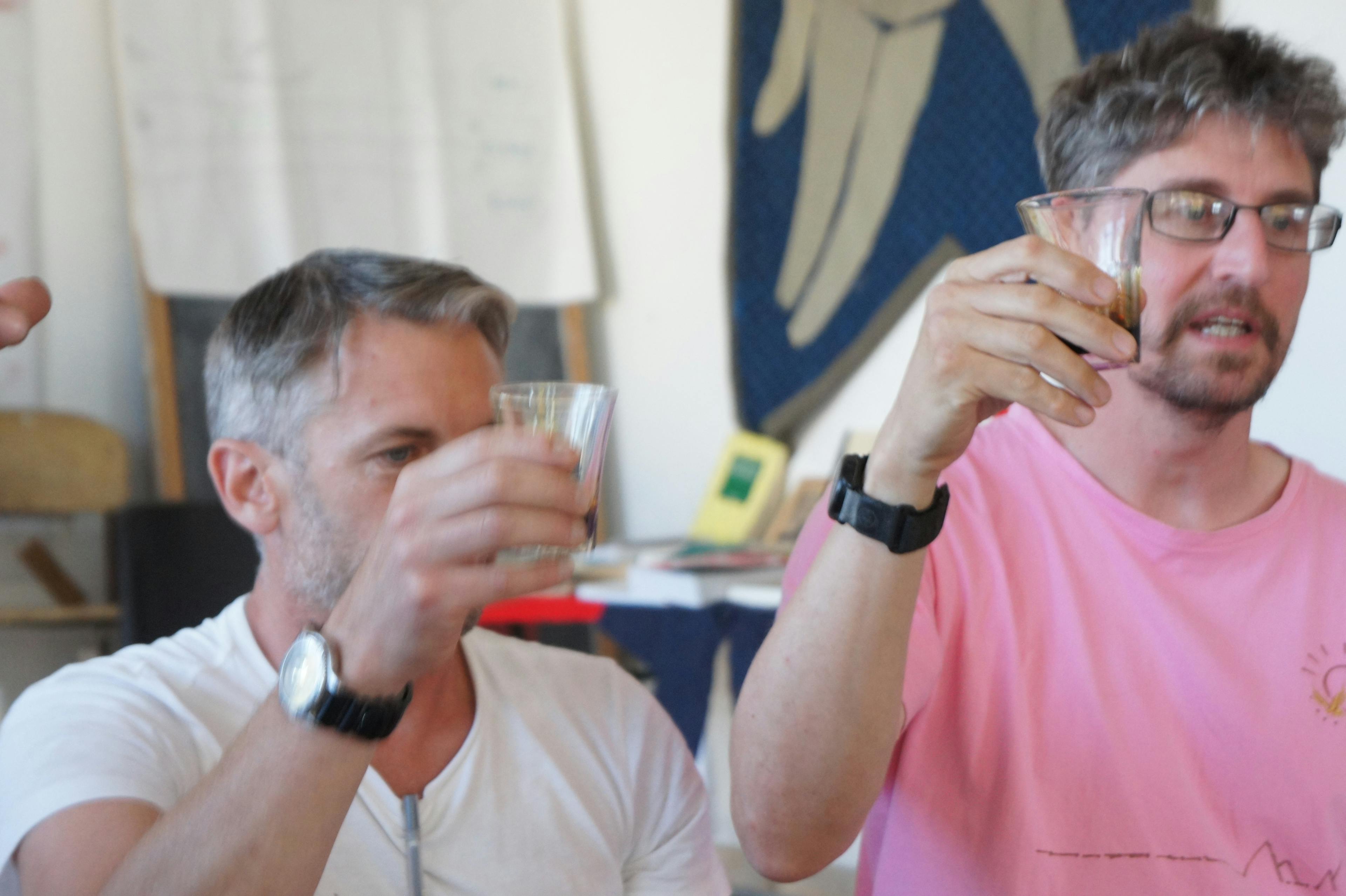
The Fatigue Break - game-exercise by Olia Sosnovskaya and Aleksei Borisionok
The week long conference and convivial gathering What’s there to learn: Self-Education for Self-Educators, is conceived and curated by Alessandra Pomarico and Nikolay Oleynikov, in close dialogue with all the participants who are contributing their ways of knowing and of producing knowledge through daily exercises and reflections.
Free Home University has been co-designed with and supported by Musagetes (Guelph, Canada) since 2013. Musagetes is a Canadian philanthropic foundation that works to make the arts more central and meaningful in people’s lives, our communities and societies.
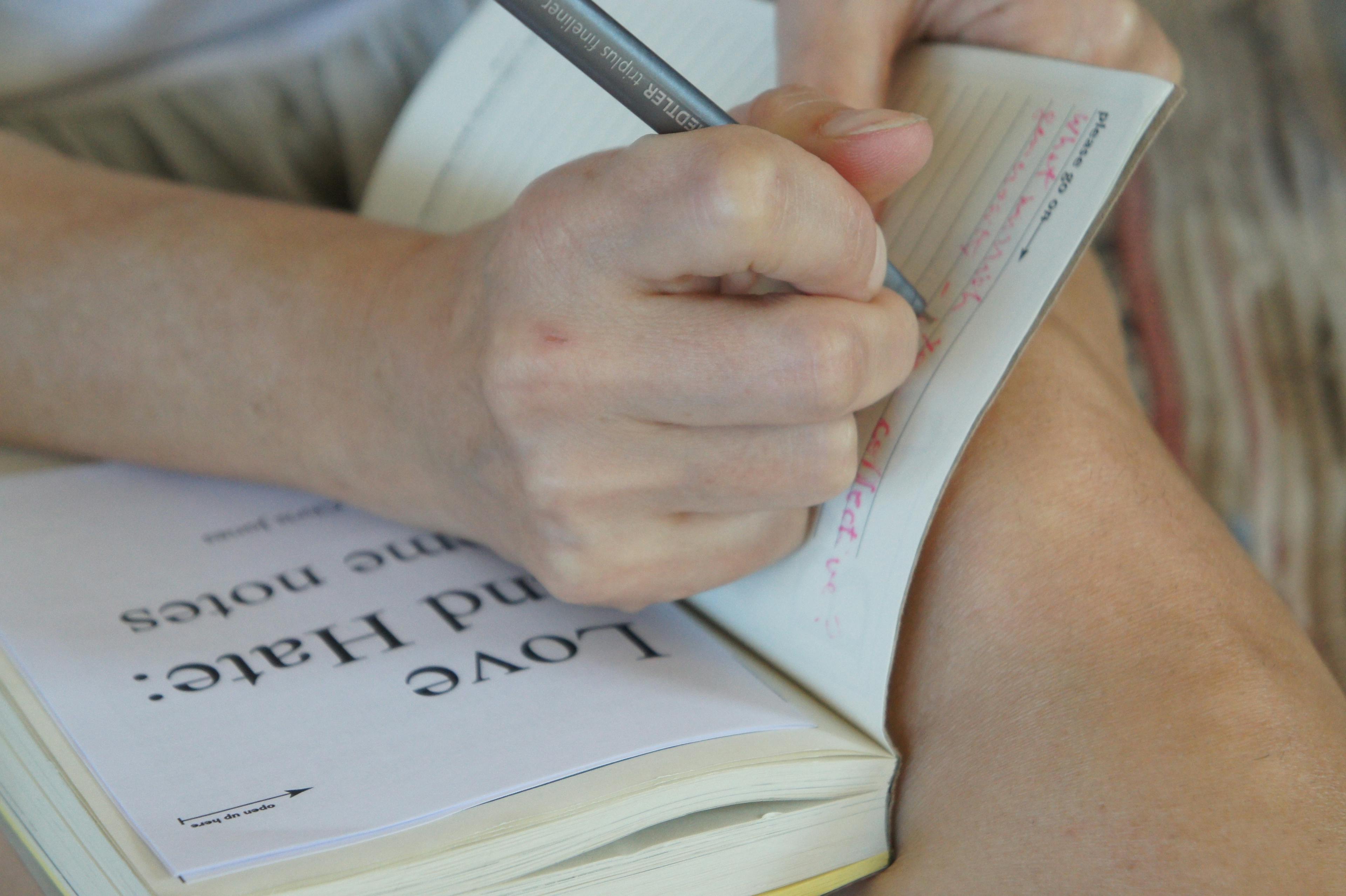
What's There to Learn - the Workbook published by PS Guelph
The workbook What’s there to learn, co-edited by Chris Jones, Nikolay Oleynikov, Alessandra Pomarico with contributions of many Free Home University fellows, was made possible thanks to Musagetes and Publication Studio Guelph.
